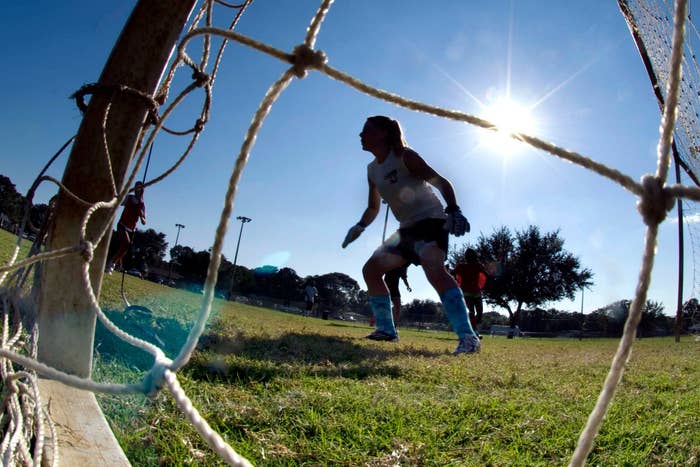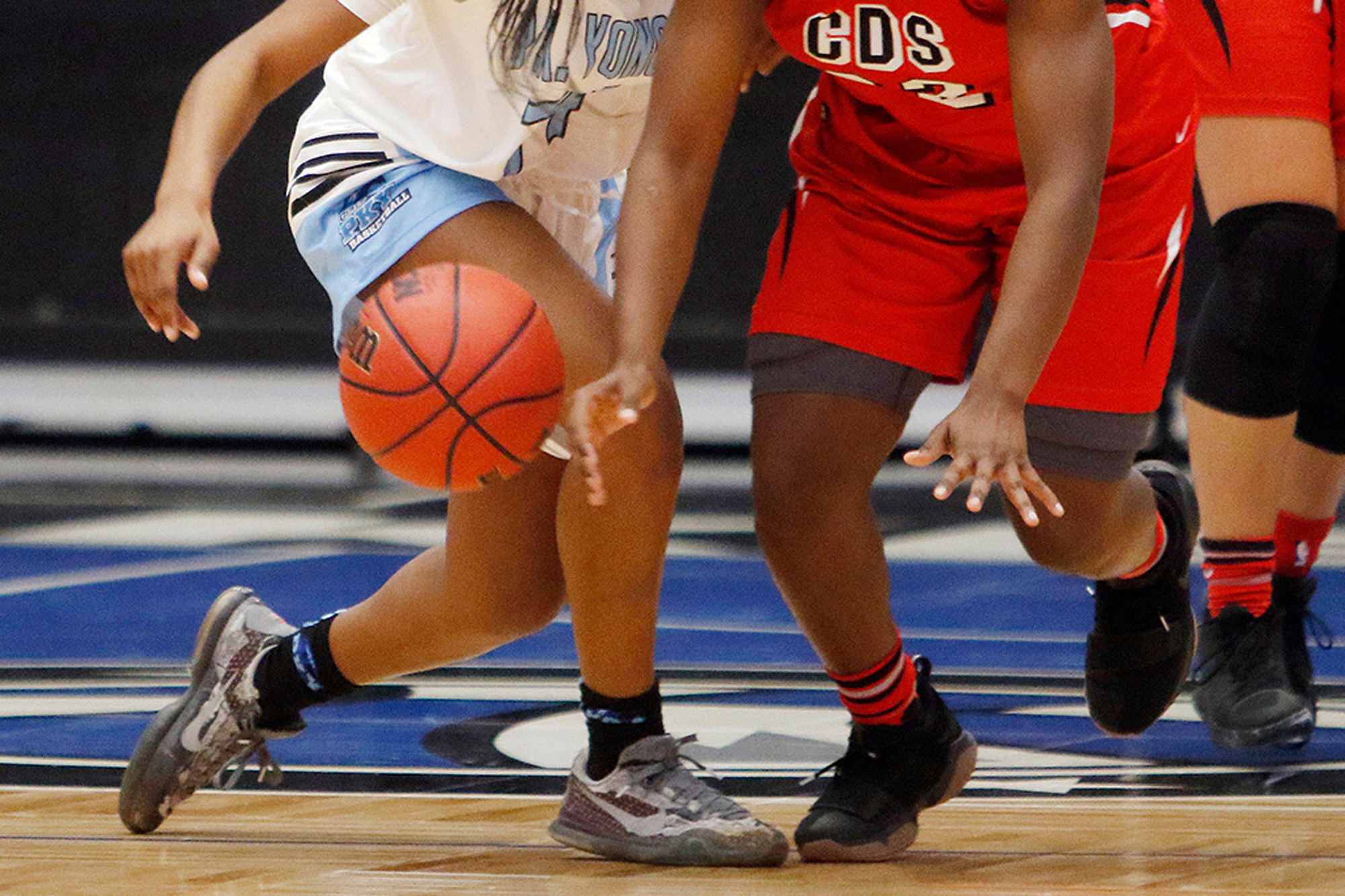
Student-athletes in Florida will not be required to report details of their menstrual cycles in order to participate in high school sports after weeks of backlash from parents and lawmakers.
At an emergency meeting on Thursday, the Florida High School Athletic Association's (FSHAA) board of directors approved a proposal that removes all questions about menstrual cycles from the medical forms needed to participate in high school sports.
This decision comes after weeks of controversy surrounding the FSHAA's decision to weigh a recommendation from an advisory committee that would have required all women student-athletes in the state to answer the questions about menstruation on the health forms.
In Florida, the menstrual history questions have been on female student-athlete medical forms for years as an optional field. The board was meant to consider the proposal to make the questions mandatory at their next meeting, which was scheduled for the end of February, but instead, they called an emergency meeting on Thursday to discuss the proposal.
The proposed revision suggested including four mandatory questions about menstruation, including the age at which a student had their first period, the date of their most recent period, and how many periods they've had in the last year, according to the Associated Press.
In October, a story in the Palm Beach Post drew attention to the menstruation questions on the health forms and caused a huge reaction online from parents and critics around the country.
According to the FSHAA's emergency meeting agenda from Thursday, the proposal to make the menstruation questions mandatory "created concerns and questions from parents, school district administrators, school board members, and coaches regarding the health and privacy of student-athletes."
Two days before the emergency meeting, dozens of Florida lawmakers protested the proposed requirements in a letter to the FSHAA that called the proposal "highly invasive," adding that "no girl should be forced to disclose her bodily functions to someone who is not her mother, father, caretaker or a physician."
"There is absolutely no reason for the FHSAA to collect such private information and no reason why the schools need it," the letter states.

The association's medical advisory committee, which recommended to the board that it make menstrual histories on the form mandatory, has said that it was simply abiding by national guidelines developed by the American Academy of Pediatrics and others.
But the chair-elect of the American Academy of Pediatrics Council on Sports and Medicine told the Associated Press that the proposal was not consistent with its guidelines, as the academy does not suggest that personal medical information be sent to schools.
According to the New York Times, the American Academy of Pediatrics recommends doctors collect menstruation information from student-athletes, but that the only form that should be submitted to schools is the one that says whether a doctor thinks the student is medically eligible to play sports.
In the updated form approved by the board on Thursday, the questions regarding a student-athlete's menstrual cycle have been removed, but a field was added in which students must list their "sex at birth." According to NBC News, the athletic association said that this addition aligns with Florida's Fairness in Women's Sports Act, signed by Gov. Ron DeSantis in 2021, which bans transgender athletes from playing on sports teams that are consistent with their gender identity.
The newly approved form will go into effect for the 2023–24 school year and will be available starting this spring.
In addition, under the new proposal, the first three pages of the form will be kept by the student's health provider and not shared with the school.
At least 44 states currently ask high school women athletes about their menstrual cycles, according to OutSports.
